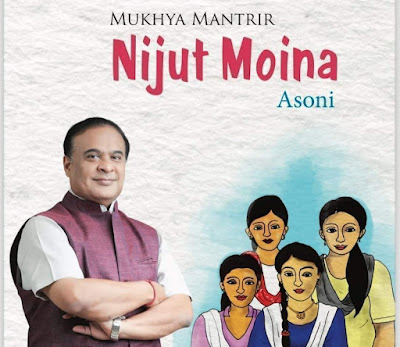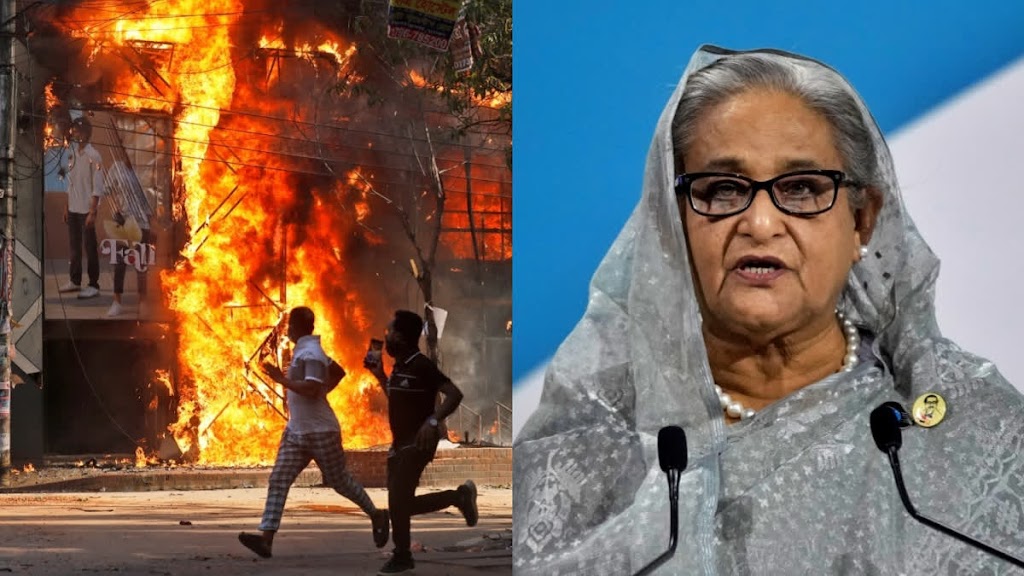Sushil Chandra takes charge as Chief Election Commissioner of India
With the term of the present Chief Election Commissioner Sunil Arora came to end on 12 April, the Election Commissioner (EC) Sushil Chandra becomes the 24th Chief Election Commissioner (CEC) of India. The new Chief Election Commissioner of India Sushil Chandra already assume his charge on April 13, a day after incumbent Sunil Arora demits office. Since the Election Commission has three members, it has been a tradition that the senior-most commissioner is appointed as the chief election commissioner.
The new Chief Election Commissioner of India Sushil Chandra was appointed as an election commissioner on February 14, 2019 ahead of the Lok Sabha elections. He would demit office on May 14, 2022.
Under him, the Election Commission would hold assembly polls in Goa, Manipur, Uttarakhand, Punjab and Uttar Pradesh.
* Must Read : New Chief Justice of India N V Ramana
* Must Read : Gandhi Peace Prize 1919 & 1920
Sushil Chandra was born on 15 May 1957 and pursued his BTech from Roorkee University. He also holds an LLB degree from DAV College, Dehradun.
He belongs to the 1980 Batch of the Indian Revenue Service (IRS). Prior to his appointment as Election Commissioner of India, Shri Chandra was posted as the Chairman, Central Board of Direct Taxes (CBDT) which is the Apex Body looking after the work of Policy Administration and implementation of Direct Taxes in India. He had been heading CBDT since November, 2016. Shri Chandra served for 38 years in the Indian Revenue Service before assuming charge as Election Commissioner of India.
Very few are aware that Sunil Arora, as a joint secretary in the Ministry of Civil Aviation from 1999 to 2002, handled the hijacking of the Indian Airlines flight IC-814 to Kandahar which subsequently led to the release of three terrorists, including Jaish-e-Mohammad chief Masood Azhar.
Shri Chandra was at the forefront of the Government’s fight against black money as he spearheaded the Department’s action against tax evasion in the wake of demonetization. He actively strengthened the Government’s clampdown on benami transactions by executing the Prohibition of Benami Property Transactions Act, 1988. During his tenure as Chairman, CBDT, he also led from the front while playing an active role in the unearthing of illegal money used during the Assembly Elections. He signed various treaties with other countries for automatic exchange of information between the countries. He also represented India in various International Conferences on International Taxation, Tax Crimes and use of technology in taxation. While at the helm of affairs, he was the person who signed the treaty between India and Switzerland which was critical for automatic exchange of information between the two countries.
* Download our Android App – CLICK HERE
For timely updates related to your query on Polity, International Polity, Indian Polity, GK, Trending Topics, Govt Job, UPSC, APSC – like us on Facebook or join our telegram channel & Subscribe our channel on Youtube. To Read more visit World_Polity. Thank You



